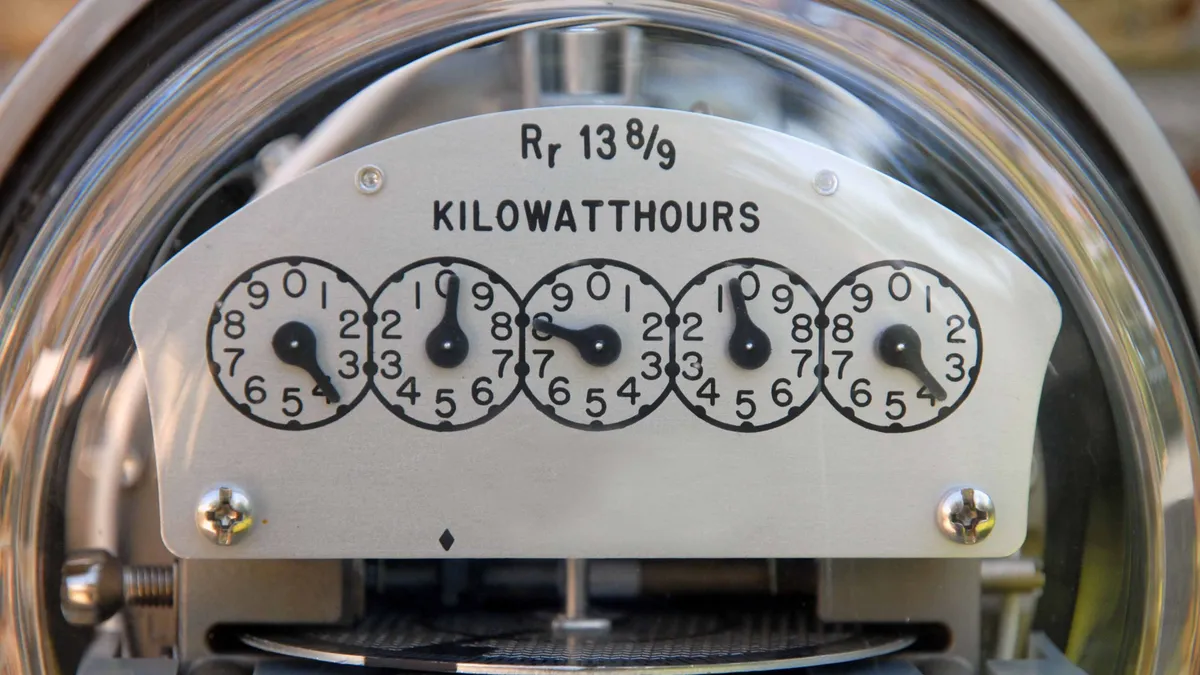Dive Brief:
- Presidential candidate Hillary Clinton this week rolled out an energy efficiency plan which aims to save consumers $70 billion annually, or $600 per average American household, the Hill reports.
- The plan targets energy use in public buildings, focuses on greater access to efficiency investment capital and aims to phase out the use of fuel oil and propane to heat homes and businesses over the long term.
- The plan also targets residential home sales, trying to make energy efficiency information more accessible. Clinton's campaign said her administration would work with companies like Zillow and Trulia, which focus on real estate listings, to make expected energy cost information easily available to prospective buyers.
Dive Insight:
Hillary Clinton's efficiency platform was unveiled this week, and the outline looks similar to what the Obama administration has been working on – a focus on financing, public-private partnerships, and appliance and building efficiency codes as a way to expand investment and reduce energy bills.
"Market demand for energy efficient homes, office buildings, stores, appliances and devices is growing rapidly. Interest in efficiency improvements among American businesses has nearly tripled over the past five years," her campaign said in a fact sheet released Tuesday.
Clinton's plan would seek to broaden benchmarking and transparency initiatives, where cities and states have created programs for commercial and multifamily residential buildings to report on their energy use and benchmark it to other buildings of a similar class. The programs help new buyers and tenants, as well as highlight potential for efficiency improvements for existing owners. Her campaign said Clinton would expand policies like those into "a consistent national program."
Clinton also said she would defend the U.S. Environmental Protection Agency's Energy Star program, which helps consumers compare the efficiency of appliances and has saved them more than $30 billion anually on energy bills. "She will also defend and extend national energy efficiency standards for appliances and equipment that drive innovation and save American consumers $63 billion a year on their utility bills," he campaign said.
Clinton's campaign also discussed the need to cut red tape, saying "many business and households face market barriers to adopting cost saving energy efficiency solutions." She wants to provide "challenge grants" to states and cities that streamline permitting barriers, provide customers with time-of-use pricing and real-time price information, and ensure energy efficiency and demand response compete on a level playing field in electricity markets.














